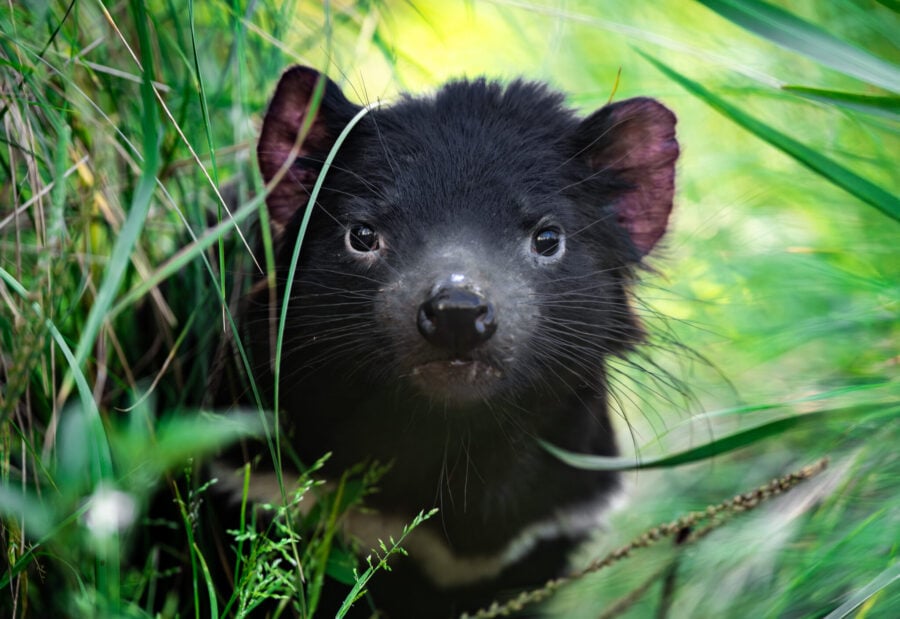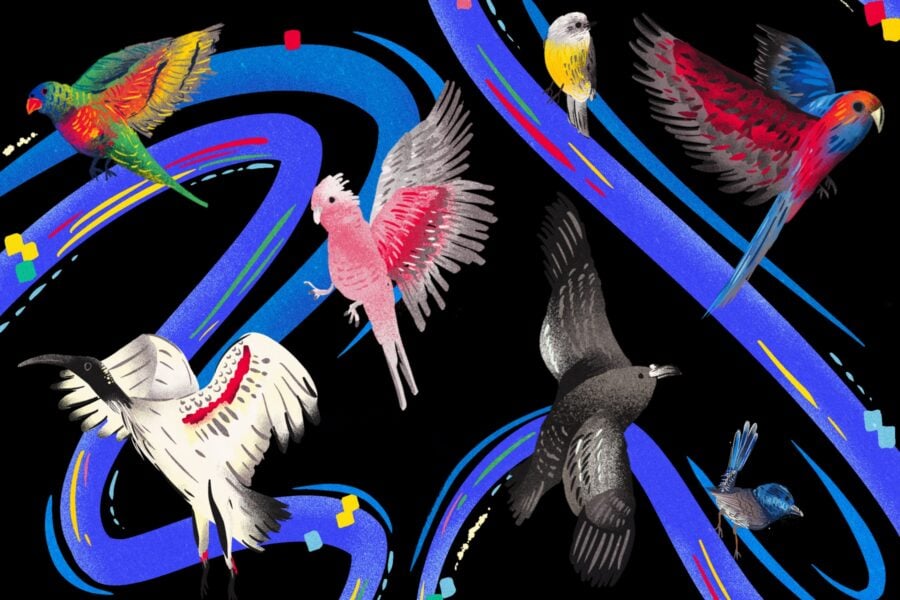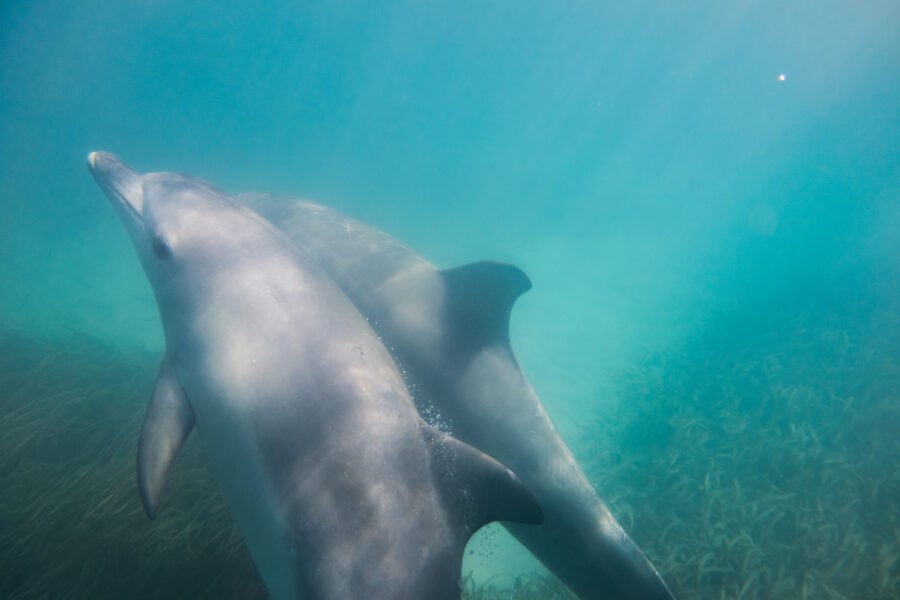Single species may be key to reef health

Coral reefs may depend on just a few key players, rather than a bouquet of species, according to a new Australian study.
Previously scientists have found that fish are important at maintaining a reef’s health, but this new research identifies keystone species that are irreplaceable.
“There is a general assumption that high diversity systems are more secure, or better insured, because if one species is lost others can take its place,” says lead researcher Professor David Bellwood a marine ecologist at James Cook University. Yet, hosting a wealthy number of species may not be enough, he says.
Keystone species prop up reef ecosystems
In the study, David and colleagues examined 169 tropical coral reefs from around the world along with thousands of associated fish species. They found that different jobs performed by these fish are not evenly distributed, meaning that some key jobs are only done by a few or even a single species.
The parrotfish on the Great Barrier Reef, for example, is the only one of thousands of reef fish species that regularly performs the task of scraping and cleaning inshore coral reefs. “This parrotfish is a particularly valuable species,” David says.
This theory of many species covering important roles is much like the way humans operate in densely populated areas, says Dr Lucie Penin, from the Marine Ecology Laboratory (ECOMAR) at the University of Reunion Island, who was not involved in the research.
“If one person leaves there would still be someone else to fulfil their job”, she says. But this new study shows this assumption to be wrong, at least for coral reefs. “Reef fish communities all display a wide range of functional entities, but also many of these jobs are taken on by only one species. As a consequence, losing such irreplaceable species could be catastrophic for the whole ecosystem, like a local community losing their only doctor or garbage man.”
Australian coral reefs have experienced major setbacks in recent years, and this study may help develop new approaches to aid with their conservation, says David.
“This work highlights the need to move beyond the conservation of biodiversity,” he says. “When developing conservation approaches we need to consider not just the number of species but what they do and how vulnerable they may be”.
The take-home message is that even species-rich systems can be vulnerable. “In essence, it is the quality of biodiversity that is important not just the quantity,” David says.




